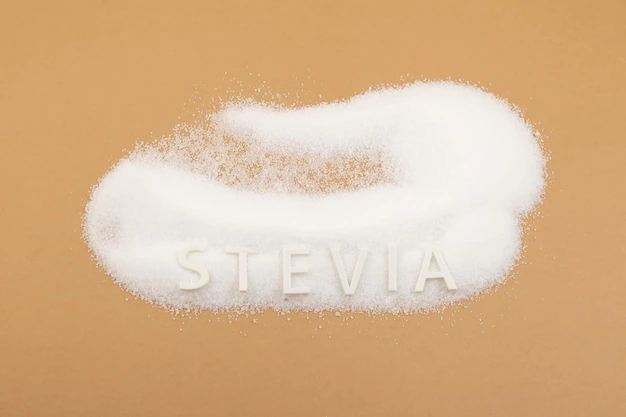Sugar Substitutes: The Various Types

There are several types of sugar substitutes available on the market. Here are some of the most common ones:
- Stevia: Stevia is a natural sweetener extracted from the leaves of the Stevia rebaudiana plant. It is 200-300 times sweeter than sugar, but has zero calories and does not raise blood sugar levels.
- Aspartame: Aspartame is a low-calorie artificial sweetener that is commonly used in diet drinks and sugar-free gum. It is about 200 times sweeter than sugar and does not raise blood sugar levels. However, it has been linked to some health concerns in studies, including headaches and other side effects.
- Sucralose: Sucralose is an artificial sweetener that is about 600 times sweeter than sugar. It is commonly used in diet drinks, baked goods, and other foods. Like aspartame, it does not raise blood sugar levels, but has also been linked to some health concerns in studies.
- Saccharin: Saccharin is one of the oldest artificial sweeteners and is about 300-400 times sweeter than sugar. It is commonly used in diet drinks and other foods. It is not metabolized by the body and does not raise blood sugar levels, but has been linked to some health concerns in studies, including bladder cancer in rats.
- Xylitol: Xylitol is a sugar alcohol that is commonly used as a sugar substitute in chewing gum, candy, and other foods. It has about the same sweetness as sugar, but has fewer calories and does not raise blood sugar levels. It is also known to have some dental health benefits.
- Erythritol: Erythritol is another sugar alcohol that is commonly used as a sugar substitute. It is about 70% as sweet as sugar, but has zero calories and does not raise blood sugar levels. It is also known to have some digestive health benefits.
